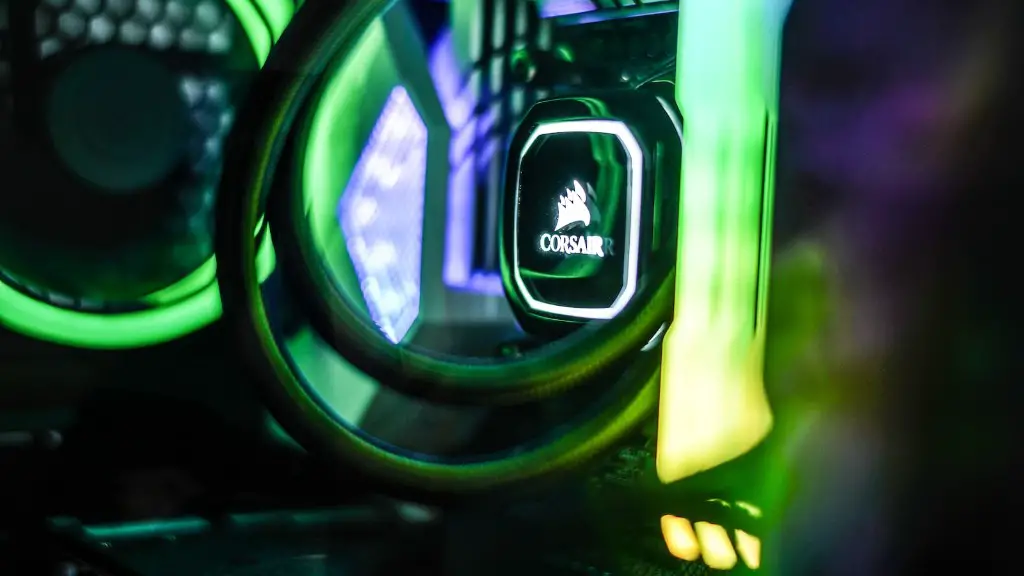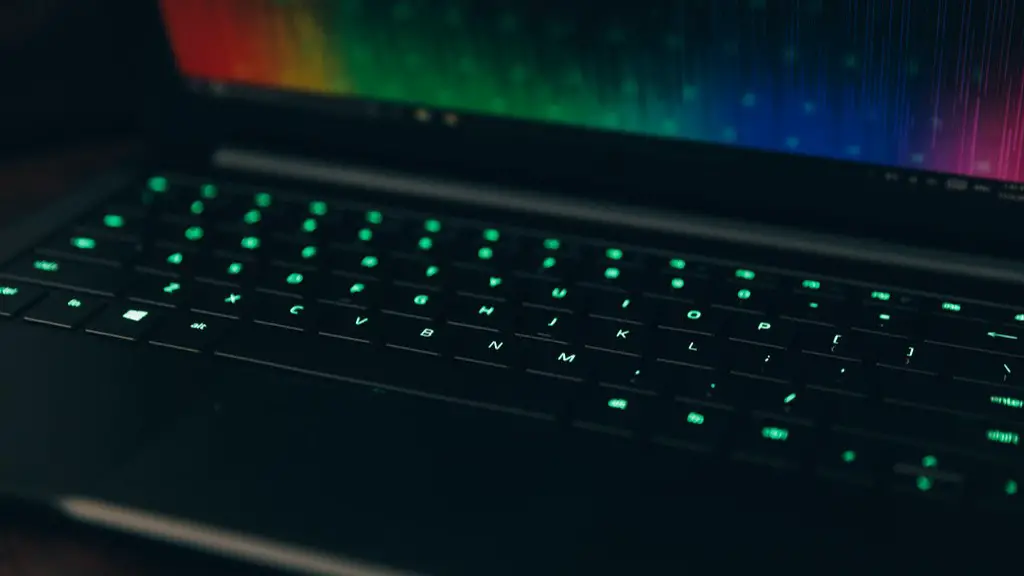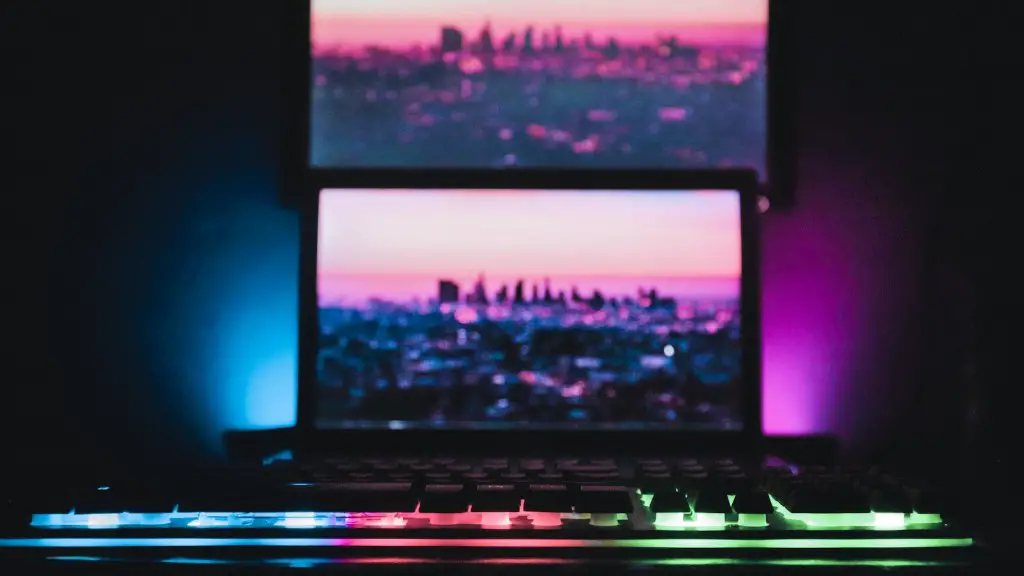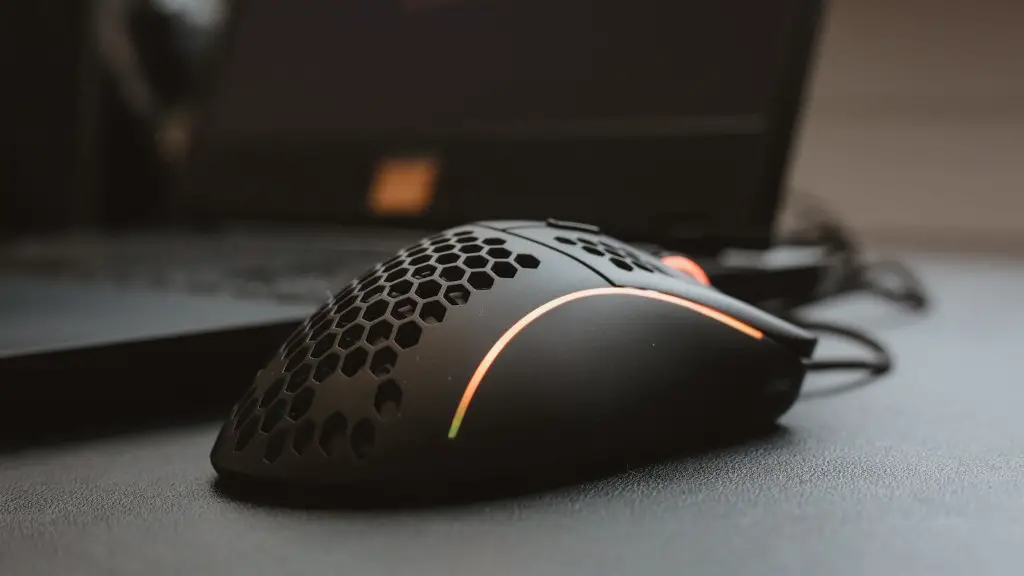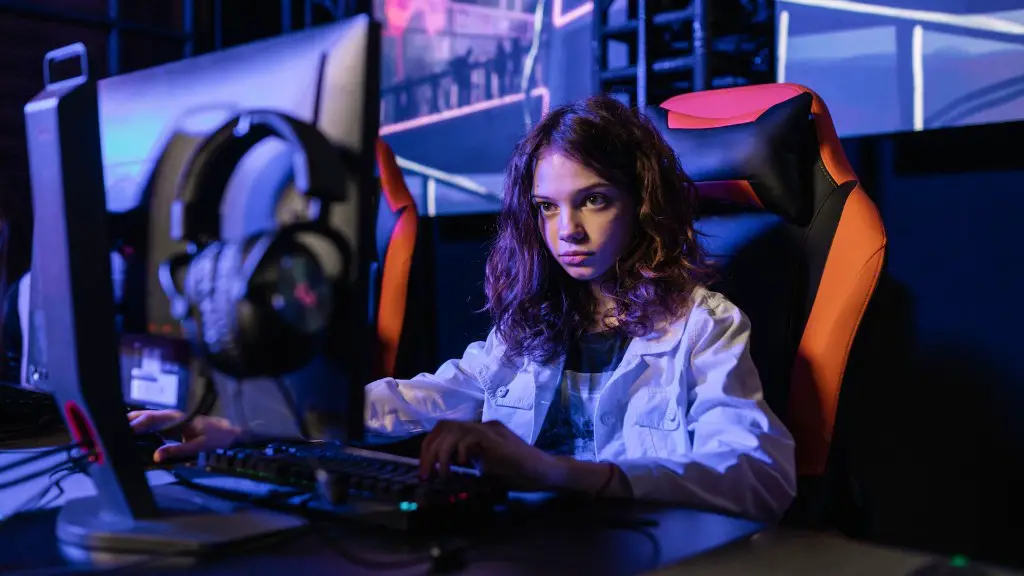Gaming PCs are becoming increasingly popular, as they offer an immersive gaming experience with powerful processors and realistic graphics. It is important to maintain the parts of a gaming PC properly in order to ensure it runs well and prevents any technical problems. Cleaning a gaming PC regularly is one way to keep it running optimally, but how often should you clean it?
Computer dust is a major contributor to performance issues in gaming PCs. Not only can it cause the system to run hot and slow down, but it can also cause the system to crash if not removed. Dust can build up in all the crevices of a gaming PC and reduce airflow and clog up fans. This can lead to overheating, which can damage the components of a gaming PC.
It’s important to clean out the dust from a gaming PC every few months, but it depends on the environment the PC is located in and how often it is used. Dust can build up quickly in dusty areas, so if your gaming PC is in a high dust environment, you should clean it out more often than those in cleaner environments. A good rule of thumb is to clean out the PC every three to six months, more often if necessary.
Cleaning a gaming PC is not a difficult task. Disassembling the PC and using compressed air to blow out the dust is the easiest way to clean it, however, if you don’t want to disassemble the PC, you can use an air compressor, a vacuum, or even a damp cloth to clean it. Make sure to turn off and unplug the PC before you begin.
When cleaning a gaming PC, it is also important to check for other hardware issues. Make sure to check the fans and vents for obstructions, and check the various components for damage or signs of wear. Inspect the power supply and other internal components for issues such as bad wiring or overheating. Make sure to keep the components clean, and be sure to use the proper thermal paste when reinstalling hardware.
Regularly cleaning a gaming PC is essential in order to keep it in top shape and running optimally. It is important to do it at least every three to six months, more often if in a dusty environment. Disassembling and using compressed air to blow out the dust is the best way to clean a gaming PC, although an air compressor, vacuum, or damp cloth can also be used. Additionally, check the fans and vents and inspect the components to make sure everything is in good condition.
Preventing Dust Buildup in a Gaming PC
Dust buildup in a gaming PC can lead to overheating, performance issues, and worse, damage to the internal components. To prevent dust from building up inside a gaming PC, it is important to maintain good ventilation, use filter systems, and keep the area free from dust. This can be done by using air purifiers, damp cloth cleaning, brushing off the components, or using an air compressor.
Having an enclosed system can also help keep dust out of a PC, as these systems are designed to keep dust and other contaminants out. Additionally, it is important to regularly clean out the components in the PC to keep dust from accumulating. Make sure to also use filters for the fans and other components to minimize the amount of dust entering the system.
Keeping the area clean is another important thing to do when it comes to maintaining a gaming PC. Make sure to keep dust and debris from accumulating around the PC, and if possible, keep it elevated off the ground. This can help to keep the internal components free from debris and dust.
When setting up a gaming PC, it is also important to make sure all the components are installed correctly and properly secured. Make sure to install the PC in an area with good ventilation and keep away from direct sunlight and heat sources. Additionally, use fans to cool the system, and make sure to check the power supply, cooling systems, and fans regularly.
Preventing dust buildup in a gaming PC is essential in order to keep the system running optimally and to prevent damage to the internal components. To do this, it is important to maintain good ventilation and clean the area regularly. Additionally, use filters and enclosures, and make sure the components are installed correctly and using the appropriate thermal paste.
Maintaining the Components of a Gaming PC
In order for a gaming PC to run optimally, it is important to maintain all the components properly. Make sure to clean out the internal components regularly, as dust can build up and cause hardware issues, as well as slow down and damage the system. Additionally, it is important to inspect the components for any signs of wear or damage, and make sure the system is properly cooled.
When it comes to cooling the system, make sure to use a fan to help draw heat away from the components. Additionally, make sure to use the proper thermal paste and replace the components when necessary. If the components are overworked, they can become damaged and lead to overheating and other issues, so it is important to make sure the system is not overworked.
When it comes to other components, such as the power supply, make sure all the cables are properly connected and not damaged. Additionally, make sure to regularly check the vents and fans to make sure there aren’t any obstructions or dust buildup. This can help keep the system running cool and ensure it runs properly.
It is also important to update the drivers and software on a regular basis. This can help improve performance, as well as prevent any errors or bugs from occurring. Make sure to also keep the system free from malware and viruses, as this can cause hardware and performance issues.
Maintaining the components of a gaming PC is important in order to keep it in top shape and running optimally. It is important to clean out the components and inspect them for issues, as well as use a fan to cool the system. Additionally, make sure to update the drivers and software on a regular basis, and keep the system free from malware and viruses.
Checking Performance on a Gaming PC
Checking the performance of a gaming PC is important in order to make sure it is running optimally. Some of the most common performance issues can include slow loading times, poor graphics, and system crashes. When it comes to checking performance, there are a few different things you can do.
The first is to make sure the hardware parts are all installed correctly and are working properly. Check the components to make sure they’re not damaged and make sure the cooling system is working properly. Additionally, check the power supply and other internal components for signs of wear or damage.
Another thing to do is to make sure the most up-to-date drivers and software are installed. This can help improve performance and prevent any errors or bugs from occurring. Additionally, make sure the system is free from malware and viruses, as these can affect the system performance.
Another important step for checking performance is to make sure the system is not overclocked. This can cause hardware issues, as well as performance issues. Additionally, make sure the RAM and other components are not underpowered. This can cause slowdowns and other issues.
Checking performance on a gaming PC is important to make sure it is running properly and to make sure any performance issues are resolved. Make sure the hardware components are installed correctly, make sure the latest drivers and software are installed, and make sure the system is not overclocked or underpowered. Additionally, make sure to keep the system free from malware and viruses.
Detecting Issues with a Gaming PC
In order to prevent any major hardware issues with a gaming PC, it is important to detect any potential issues before they become serious problems. Some of the most common issues can include overheating, hardware failure, and system crashes. To detect potential issues, there are a few things to look out for.
The first is to make sure the cooling system is working properly. Check the fans and make sure they are running and not blocked. Additionally, make sure the vents are not blocked and that the system is properly cooled. This can help reduce the risk of overheating and other hardware issues.
It is also important to make sure the components are not damaged or worn out. Make sure the fans, power supply, and other components are functioning properly and not damaged. Additionally, make sure all the cables are securely connected and not loose.
Another important thing to do is to check the software and drivers for any errors or bugs. Make sure the drivers are up-to-date and make sure the system is free from malware and viruses. Additionally, make sure all the software on the system is up-to-date, as this can help improve performance and reduce the risk of system crashes.
Detecting potential issues with a gaming PC is important in order to keep it running optimally and prevent any major hardware issues. Make sure the cooling system is working properly, check the components for any signs of damage or wear, and make sure the drivers and software are up-to-date. Additionally, make sure the system is free from malware and viruses.
